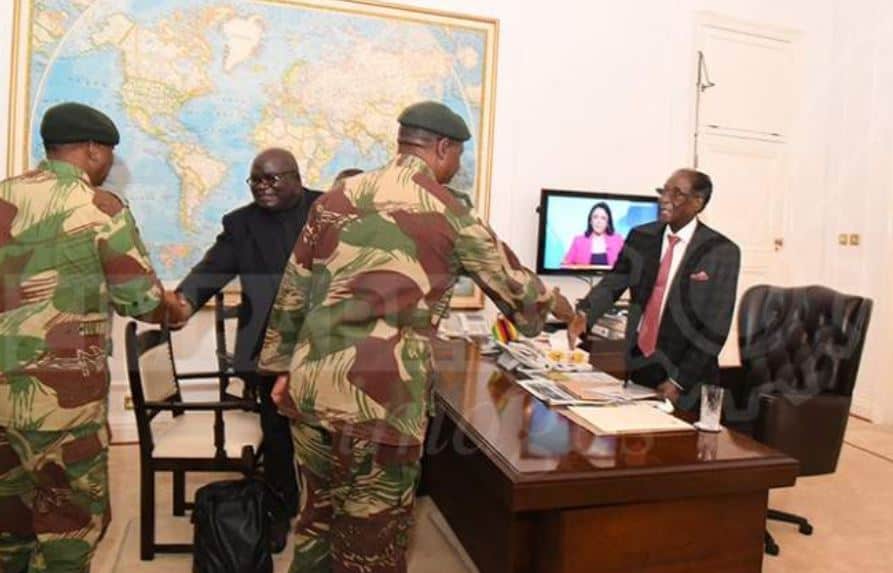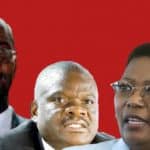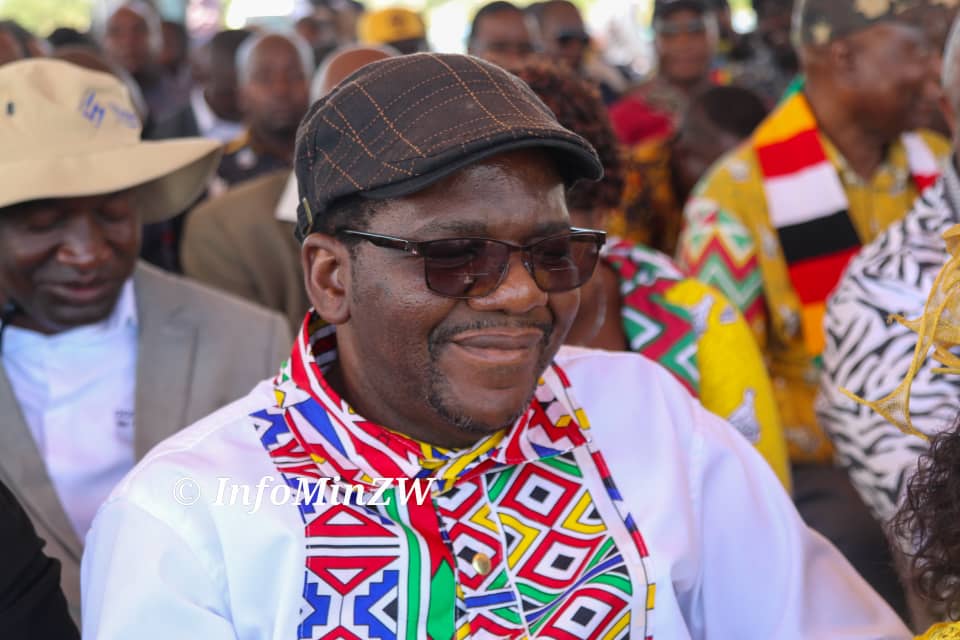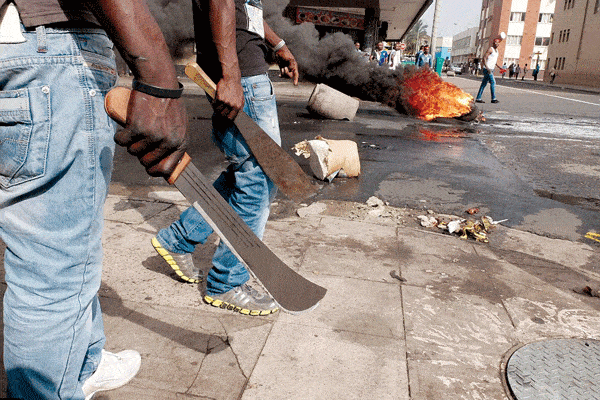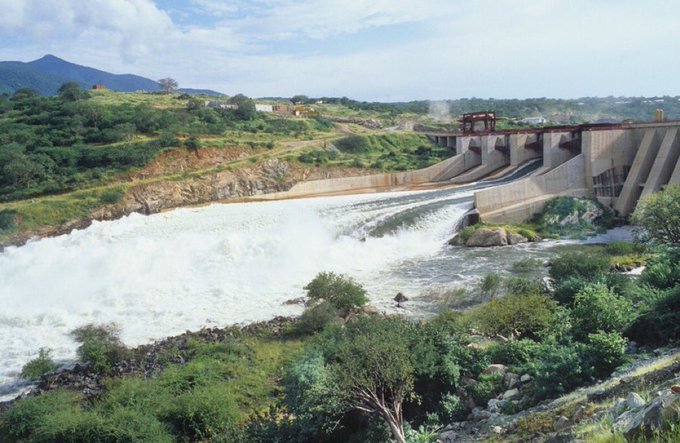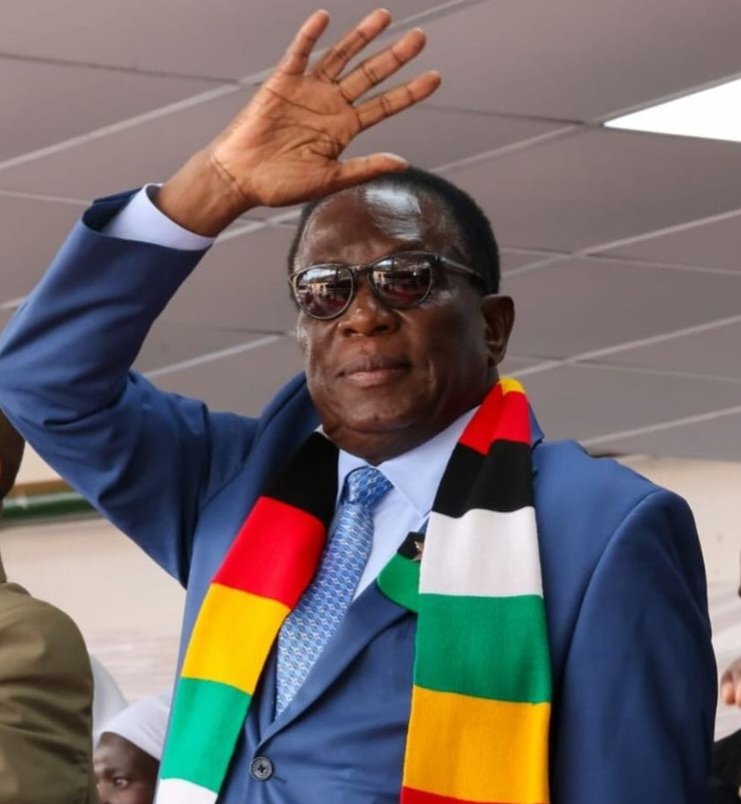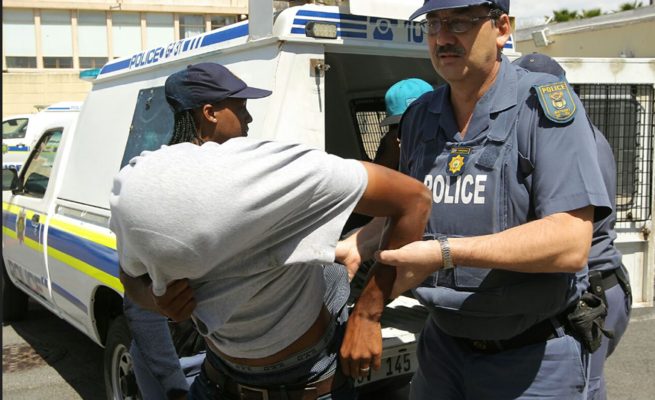ZwNews.con
“Algeria must learn from Harare and demand total reform package, never celebrate military takeovers and the president should go with his whole package of corrupt authoritarian group,” said renowned political commentator Dr Pedzisai Ruhanya.
Ruhanya recently gave this warning following the resignation of Algeria’s President Abdelaziz Bouteflika (82), who had been in power for 20 years.
Just like what happened in Zimbabwe where President Robert Mugabe gave up power, Bouteflika resigned under similar instances, after weeks of mass protests. And similarly the powerful Algerian army called for the 82-year-old President to be declared incapable of carrying out his duties.
Mugabe resigned after a motion had been moved to impeach him for having had become incapable to govern, with the military under the cover of civilians, so as not to be categorised under military coup.
Unlike the Zimbabwean narrative, which was only concerned about Mugabe’s departure ignoring the system that had kept him in power. The demonstrations against Bouteflika called for the whole political system, in which the military plays a significant role, to be overhauled.
Algerian policymakers on Tuesday appointed upper house speaker Abdelkader Bensalah as Algeria’s first new president in 20 years in line with constitutional rules, but the appointment failed to appease demonstrators who are pushing for the whole of Bouteflika’s entourage to stand down.
Meanwhile, Algerian demonstrators are still up in arms against the ruling elite despite a pledge from the interim head of state to hold “transparent” presidential elections following veteran leader Abdelaziz Bouteflika’s resignation.
They are chanting ‘down with Bensalah’ most recently, thousands of demonstrators gathered under police surveillance in the country’s capital.
Apparently according to Willard Chinhara a political and socio-economic commentator the present political establishment “New Dispensation” is a reincarnation of former President Robert Mugabe’s administration, whose formidability remains a legacy for the present administration.
He warns that the same military junta and its erstwhile affiliates in the security sector and the Zimbabwe National Liberation War Veterans Association are still pulling the strings in the current military state, hiding under a seemingly civilian face (Mnangagwa).
Chinhara contends that it is not surprising that the same military junta has the capacity to maintain and prolong the present status quo.
“Zimbabwe’s security apparatus remains both the king-maker and the king-keeper,” he wrote.
As noted by him, the reasons for the existence of a counterintelligence State are numerous and predominantly characterised by the presence of a large, elite force acting as watchdog of a security defined as broadly that the State must maintain an enormous vigilance and enforcement apparatus.
According to him, this apparatus is not accountable to the public and enjoys immense police powers.
Alex Magaisa agrees and says there is continuities between the old and current regimes, owing to the fact that after the coup the system was never overhauled.
In one of his Big Saturday Read, Magaisa narrates out on why institutions under authoritarian regimes fail. He says the current national leadership under President Emmerson Mnangagwa has further weakened the good governance aspects through lack of institutional independence ‘state capture.’
He argues that the liberalisation of such institutions like the judiciary, the media, an independent and professional bureaucracy, non-partisan organs of the state, intelligence, police, and prosecuting authority is panacea for democratic governance. This is however lacking in the current so-called new dispensation.
International lawyer, who has special interest in autonomous weapon systems, democracy and principled governance, Dr Thompson Chengeta believes, that institutional biases and prejudices are more latent, and more difficult to detect or deal with because of the fact that they seem normal to those within and those who have internalised them. Food for thought, that is the tale of two similar coups that would yield different outcomes.

